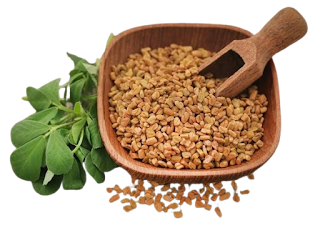Spasticity is a condition characterized by increased muscle tone and exaggerated reflexes, leading to stiffness and involuntary muscle contractions. It often results from damage to the central nervous system, particularly affecting the pathways that control voluntary movement. Here are the key parts of the brain involved in causing spasticity:
1. Motor Cortex
- Function: The motor cortex, located in the frontal lobe, is responsible for planning, controlling, and executing voluntary movements.
- Impact: Damage to the motor cortex can disrupt the signals sent to the muscles, leading to spasticity.
2. Corticospinal Tract
- Function: This tract carries movement-related information from the motor cortex to the spinal cord.
- Impact: Lesions in the corticospinal tract, often seen in conditions such as stroke, multiple sclerosis, or traumatic brain injury, can result in spasticity due to the loss of inhibitory control over muscle tone.
3. Basal Ganglia
- Function: The basal ganglia are a group of nuclei involved in regulating movement and coordination.
- Impact: Although basal ganglia damage more commonly results in movement disorders like Parkinson's disease, it can also contribute to muscle tone abnormalities and spasticity.
4. Brainstem
- Function: The brainstem plays a critical role in controlling motor and autonomic functions.
- Impact: Damage to brainstem pathways can interfere with muscle tone regulation, leading to spasticity. The reticulospinal and vestibulospinal tracts, originating in the brainstem, are particularly important in maintaining muscle tone and posture.
5. Spinal Cord
- Function: The spinal cord transmits signals between the brain and the rest of the body and plays a crucial role in reflexes.
- Impact: Damage to the spinal cord can disrupt the inhibitory signals that help regulate muscle tone, resulting in spasticity. This is commonly seen in spinal cord injuries.
Causes of Spasticity
Spasticity can arise from various conditions that damage these parts of the brain or spinal cord:
- Stroke: Interrupts blood flow to parts of the brain, damaging the motor cortex or corticospinal tract.
- Multiple Sclerosis (MS): Leads to demyelination of neurons in the central nervous system, affecting signal transmission.
- Traumatic Brain Injury (TBI): Causes direct damage to brain structures involved in movement control.
- Cerebral Palsy: A group of disorders affecting movement and muscle tone, often due to damage to the developing brain.
- Spinal Cord Injury: Results in loss of motor control and increased muscle tone below the level of injury.
Managing Spasticity
- Medications: Muscle relaxants such as baclofen, tizanidine, and benzodiazepines can help manage spasticity.
- Physical Therapy: Stretching and strengthening exercises, along with techniques like heat therapy, can reduce muscle stiffness.
- Botox Injections: Botulinum toxin can be injected into specific muscles to reduce spasticity temporarily.
- Surgery: In severe cases, surgical interventions such as selective dorsal rhizotomy may be considered.
Understanding the underlying neurological causes of spasticity is crucial for effective treatment and management. If you or someone you know is experiencing symptoms of spasticity, it is important to seek medical advice for appropriate diagnosis and intervention.












.png)


